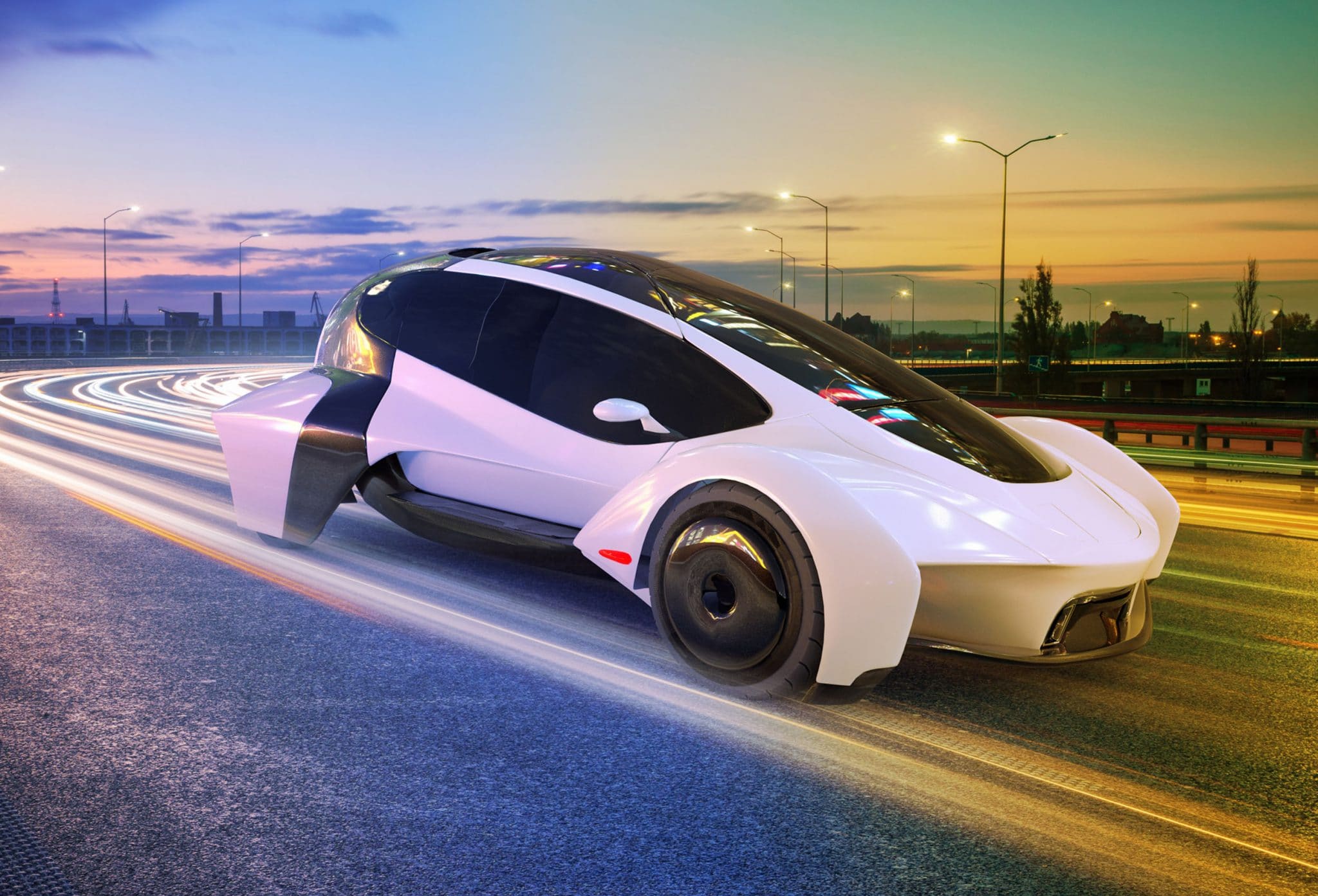It’s hard to remember a time when our ability to access the internet and online world was tethered to a desktop computer. Innovations in lithium ion battery helped cut the cord, providing power on the go for the sleek, lightweight laptops and smartphones we carry with us today.
As we enter a new decade, lithium ion technology is proving equally disruptive in the transport and mobility sectors, as battery electric vehicle (EV) sales ramping in major vehicle markets.
But the real revolution in mobility electrification could potentially be happening in the comparably overlooked last mile delivery (LMD) segment. We’re talking about developments in terms of new kinds of electric-powered modes of transport designed to negotiate the urban jungle. Compactness and versatility are prized attributes that can ensure last mile delivery is fast, zero carbon, safe and minimally disruptive.
The start-ups and companies behind these designs have applied fresh thinking, coming up with prototypes and models that are much lighter than any EV on the road today, in the quest for greater efficiency and lower total cost of ownership (TCO). They could be paving the way for the future of urban mobility.
First up, StreetScooter. Acquired by Deutsche Post DHL Group in 2014, StreetScooter EVs resemble miniaturised vans and deploy “customer engineering” approaches to ease drivers’ operation of the vehicles, with features such as ergonomically calculated cargo floor heights and 360° monitor. Pared back design and use of synthetic components as well as streamlined production, has delivered an LMD vehicle that has leveraged lower TCO, compared with other EVs used by logistics companies.
A glimpse into the future direction of LMD vehicles is provided by Kar-go, developed by Academy of Robotics in the UK. Kar-go uses advanced robotics and driverless vehicle technology, to remove up to 90% of the cost associated with the last mile of delivery. Within the vehicle is a system of compartments, each containing packages belonging to different customers. As the vehicle arrives at each delivery address, the system automatically selects the package belonging to the corresponding customer.
Kar-go is optimised to autonomously drive on unmarked roads, says its developer, equipping it to solve the challenge of last mile deliveries in residential areas as well as urban environments. The start-up has an investment round open to help fund its continued growth and development.
Taking a different approach, London-based if.Vehicles has developed the world’s only “dismountable and transformable micro-vehicle” aimed at the LMD market.
The start-up’s “if.Micro” concept can be driven on roads as a light quadricycle, in compliance with relevant regulations, but then can be pushed and pulled on pavements as a power-assisted trolly and folded and stowed away when not in operation, and has been designed so that LMD operators/drivers can transform it between modes easily. Onboard technology identifies the best route in busy urban environments, taking advantage of roads and pedestrian areas to get to the final delivery destination in the fastest time.
Widespread deployment of the If.Micro could potentially remove four in every five delivery vans from the roads, reducing delivery costs and increasing capacity while cutting emissions from the logistics, according to its developer. The first prototype of If.Micro has helped to secure collaboration meetings with Royal Mail and the Department for Transport.
E-commerce growth fuels LMD vehicles market
According to the World Economic Forum, demand for urban last-mile delivery, fuelled by e-commerce, is expected to grow by 78% by 2030, leading to a 36% increase in delivery vehicles in the world’s top 100 cities. This increase in demand is expected to cause delivery-related carbon emissions to rise by nearly one-third.
The potential growth opportunity has not been lost on the some of the world’s biggest vehicle brands. General Motors (GM) estimates that by 2025, the combined market opportunity for parcel, food delivery and reverse logistics in the US will exceed $850 billion.
In January of this year GM launched BrightDrop a business that will offer “an ecosystem of electric first-to-last-mile products”, plus related software and services to “empower delivery and logistics companies to move goods more efficiently”.
BrightDrop’s first product to market, the EP1, which is due out in 2021, will be a propulsion-assisted, electric pallet capable of moving goods from the delivery vehicle to the customer’s front door. EP1 features adjustable speed up to three mph depending on operator’s walking pace.
Taking current eBike regulations Oxfordshire-based Electric Assisted Vehicles (EAV) has engineered its electric cargo vehicles “down from a van, not up from a bicycle” to produce “uniquely dedicated” lightweight commercial vehicles. EAV aims to reduce the carbon footprint-related impact of vehicles and help decrease pollution and city traffic congestion.
As an innovator in lithium ion batteries, operating in markets as diverse as automated guide vehicles (AGVs), electric buses and marine, we at Sunlight are passionate about emerging innovations that have the potential to revolutionise how we get around and transport essential goods.
We design batteries that work hard and battery management systems that optimise performance, whatever the application.
